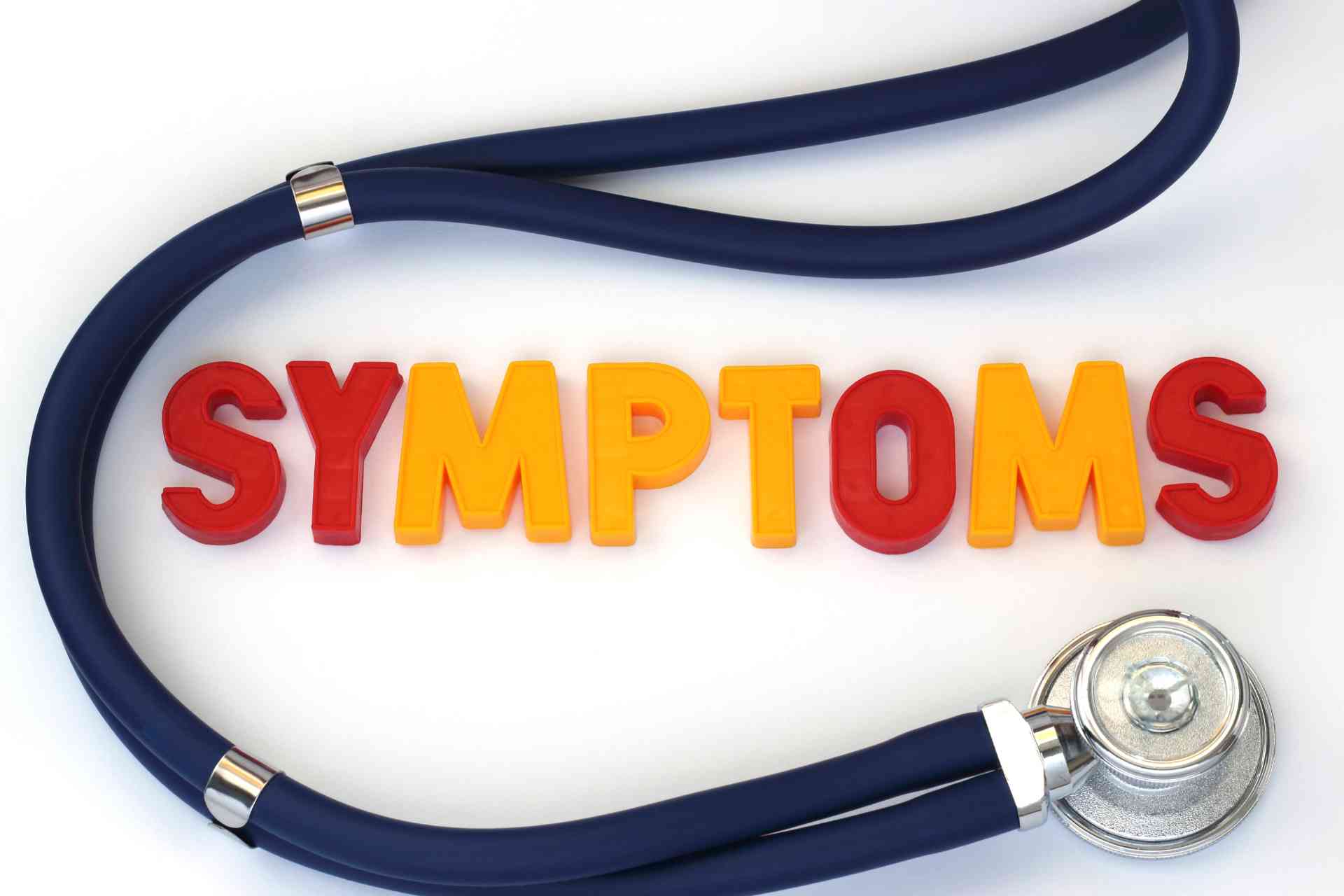Testosterone Therapy Miami: Signs And Symptoms Of Low Testosterone

Testosterone deficiency, often spotlighted in discussions about men’s health, is a clinical condition characterized by specific signs and symptoms stemming from decreased testosterone production. Men experiencing these symptoms should consider seeking Testosterone Therapy in Miami as a viable treatment option.
Key Signs of Low Testosterone
Understanding the key signs of low testosterone is essential for identifying when it might be time to consider medical intervention. Here are the Key Signs of Low Testosterone:
Sexual Health Concerns
One of the most noticeable signs of low testosterone is a reduced sex drive. This hormonal deficiency can also lead to difficulties in achieving or maintaining an erection and a decreased sperm count, impacting reproductive health significantly.
Physical Changes
Physical symptoms of low testosterone can vary widely but commonly include unexplained hair loss and hot flashes, similar to what is often reported during menopause in women. Furthermore, changes in body composition are typical; men might notice increased body fat coupled with diminished lean muscle mass. Low bone density, which can lead to conditions like osteopenia or increase the risk of low-trauma bone fractures, is also a significant concern.
Testicular Changes
Testicular atrophy, which involves physical changes in the testes, is another critical indicator of low testosterone. These changes can further exacerbate issues like low sperm count and reduced sexual function.
Metabolic Effects
Men with low testosterone levels might observe metabolic changes, such as elevated hemoglobin A1c levels, indicating potential issues with blood sugar regulation. These metabolic shifts can have long-term health implications, including an increased risk of diabetes and cardiovascular diseases.
Psychological and Emotional Impact
The effects of low testosterone also extend to mental and emotional health. Common issues include persistent fatigue, problems sleeping like insomnia, and difficulty concentrating. Men might experience a noticeable decline in motivation, which can affect personal and professional life profoundly.
The Importance of Transitioning to Therapy
Recognizing these symptoms as potential signs of low testosterone can lead men to seek necessary medical guidance. Testosterone therapy offers a pathway to regain balance, enhance well-being, and improve quality of life. By addressing these symptoms with appropriate therapy, men can experience significant improvements in both physical health and emotional well-being.
Conclusion
Testosterone Therapy in Miami offers a critical solution for men experiencing the diverse and impactful symptoms of low testosterone. Acknowledging and addressing these symptoms with the help of specialists can lead to a healthier, more energetic life, marking a positive transition toward well-being.
|
|

